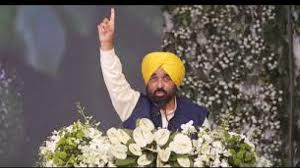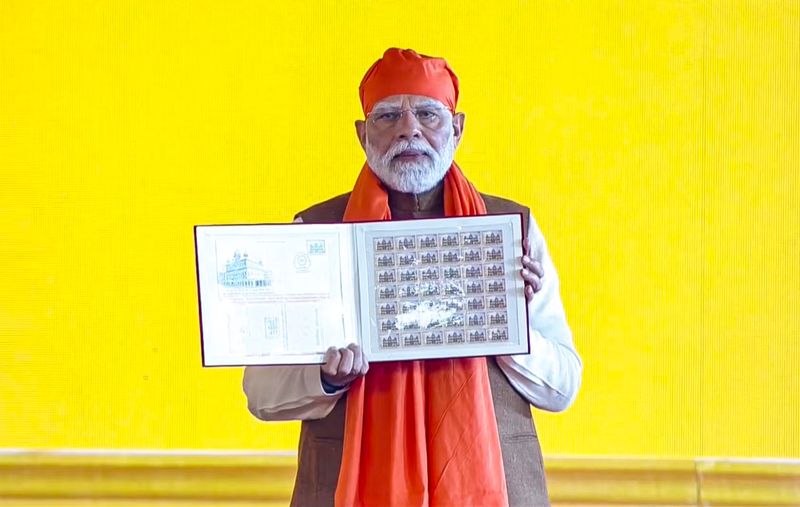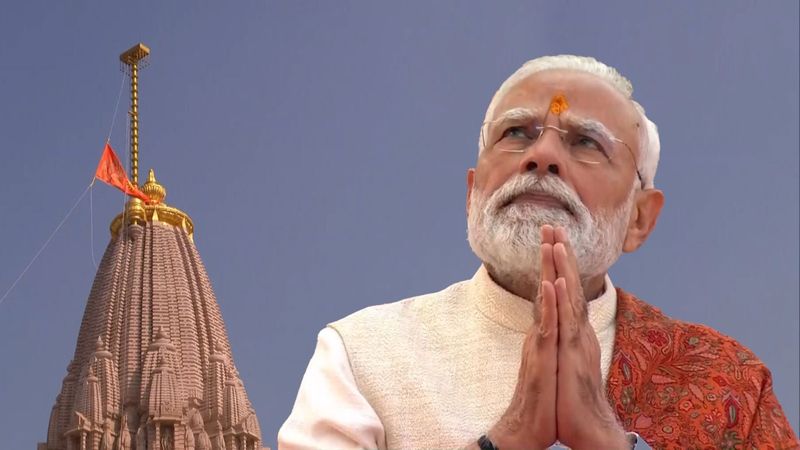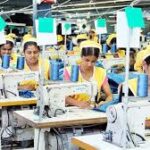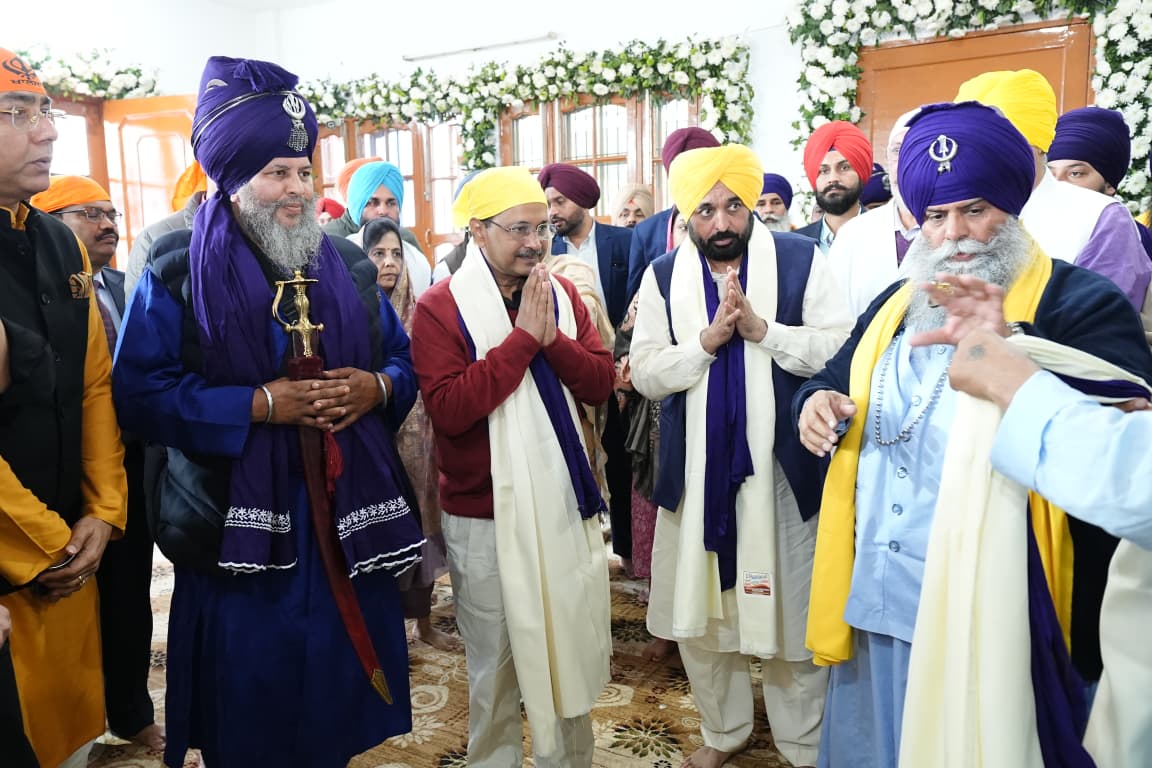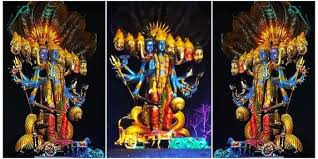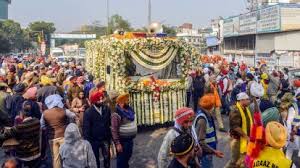Listen To This Post
“For us, farmers’ interest is the foremost priority. India will never compromise the interests of farmers, fishermen and dairy farmers. I believe, personally, I will have to pay the price, and I am ready for that,” Modi said.
New Delhi: Prime Minister Narendra Modi on Friday firmly asserted that India will never compromise the interests of its farmers, fishermen, and dairy producers, even if it means bearing a personal political cost. His statement comes in the wake of a steep 50% tariff imposed by the United States on Indian goods, including agricultural exports, over India’s continued imports of Russian oil.
“For us, farmers’ interest is the foremost priority. India will never compromise the interests of farmers, fishermen and dairy farmers. I believe, personally, I will have to pay the price, and I am ready for that,” Modi said.
He was addressing a three-day global conference to commemorate the birth centenary of agricultural scientist Dr. M.S. Swaminathan, the father of India’s Green Revolution. The Prime Minister also released a commemorative coin and postal stamp to honour the legendary scientist, whose pioneering work transformed India’s food security landscape in the 1960s.
Defiant Stand Amid Trade Pressure
Though not naming the United States directly, Modi’s remarks were widely seen as a response to US President Donald Trump’s decision to impose an additional 25% tariff on Indian goods, raising the total to 50%. The move has drawn criticism from Indian policymakers and exporters, who call it “unjustified” and “punitive.”
“Raising the income of farmers, reducing costs in agriculture, and creating new avenues for income generation are our constant goals,” Modi said, reiterating that India’s energy security and farmer welfare would not be compromised under external pressure.
The tariffs are likely to hit Indian agricultural exports, including spices, basmati rice, and processed dairy products — all sectors crucial to rural livelihoods.
Legacy of MS Swaminathan: A Green Revolution Icon
Born on August 7, 1925, in Kumbakonam, Mankombu Sambasivan Swaminathan played a pivotal role in steering India from food deficiency to self-sufficiency by introducing high–yielding wheat varieties and scientific agricultural practices. His work, alongside policy support, helped millions of Indian farmers escape poverty and ensured food security for the country.
Swaminathan passed away in September 2023 at the age of 98. Recognising his contribution, Modi called him a “visionary who laid the foundation for modern Indian agriculture.” “His research not only improved yields but gave farmers new hope. On his centenary, we reiterate our resolve to strengthen rural prosperity,” the PM added.
Political Undertone and Global Optics
Modi’s comments — emphasizing personal sacrifice for farmer welfare — appear calibrated not just for domestic resonance but also as a signal to global observers amid rising tensions in India-US trade relations.
The statement is likely aimed at reinforcing Modi’s image as a leader prioritizing national interest over external pressure, especially in the run-up to politically sensitive trade negotiations and global climate forums.
India-US Tariff Tensions
The US action marks a sharp escalation in trade pressure, reminiscent of 2019, when the Trump administration revoked India’s GSP (Generalized System of Preferences) status. The latest tariffs have intensified concerns in New Delhi over the weaponization of trade tools to influence India’s sovereign energy policy and strategic autonomy.
While Indian officials maintain that oil imports from Russia are guided by economic and national interest, Washington sees continued purchases as undermining Western sanctions and efforts to isolate Moscow.





